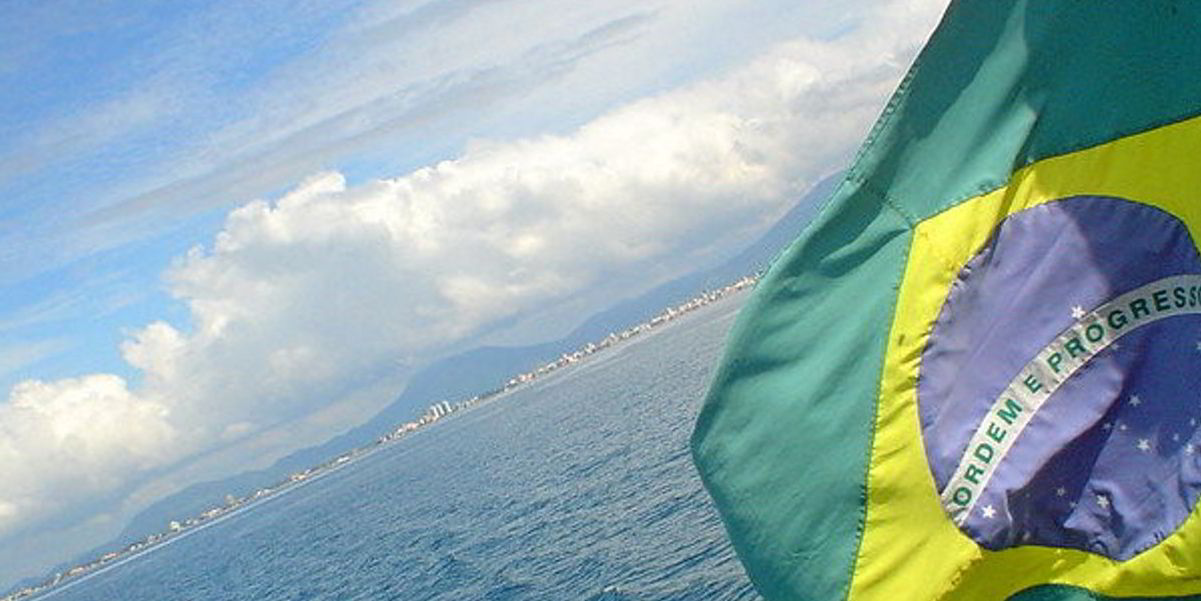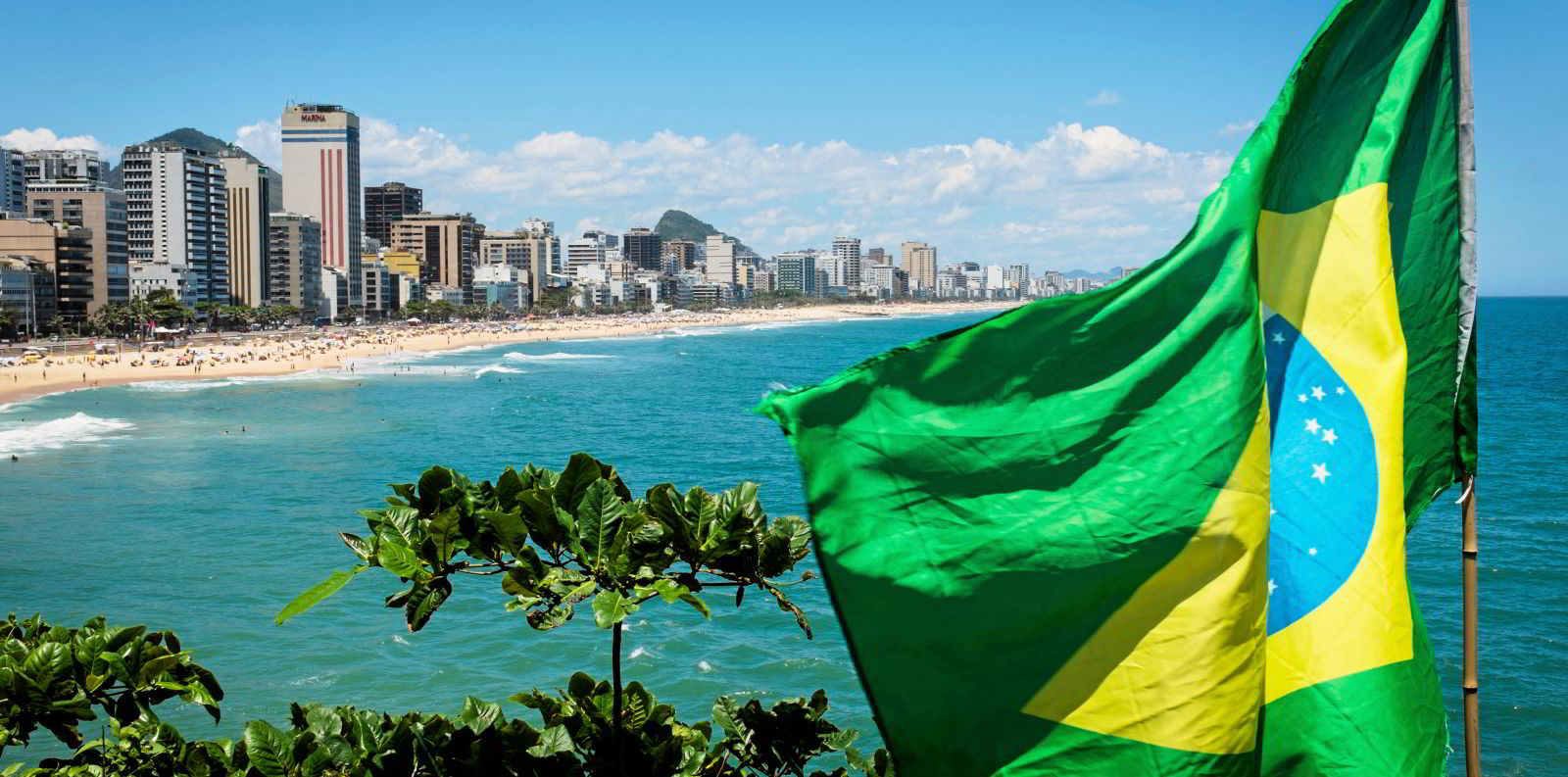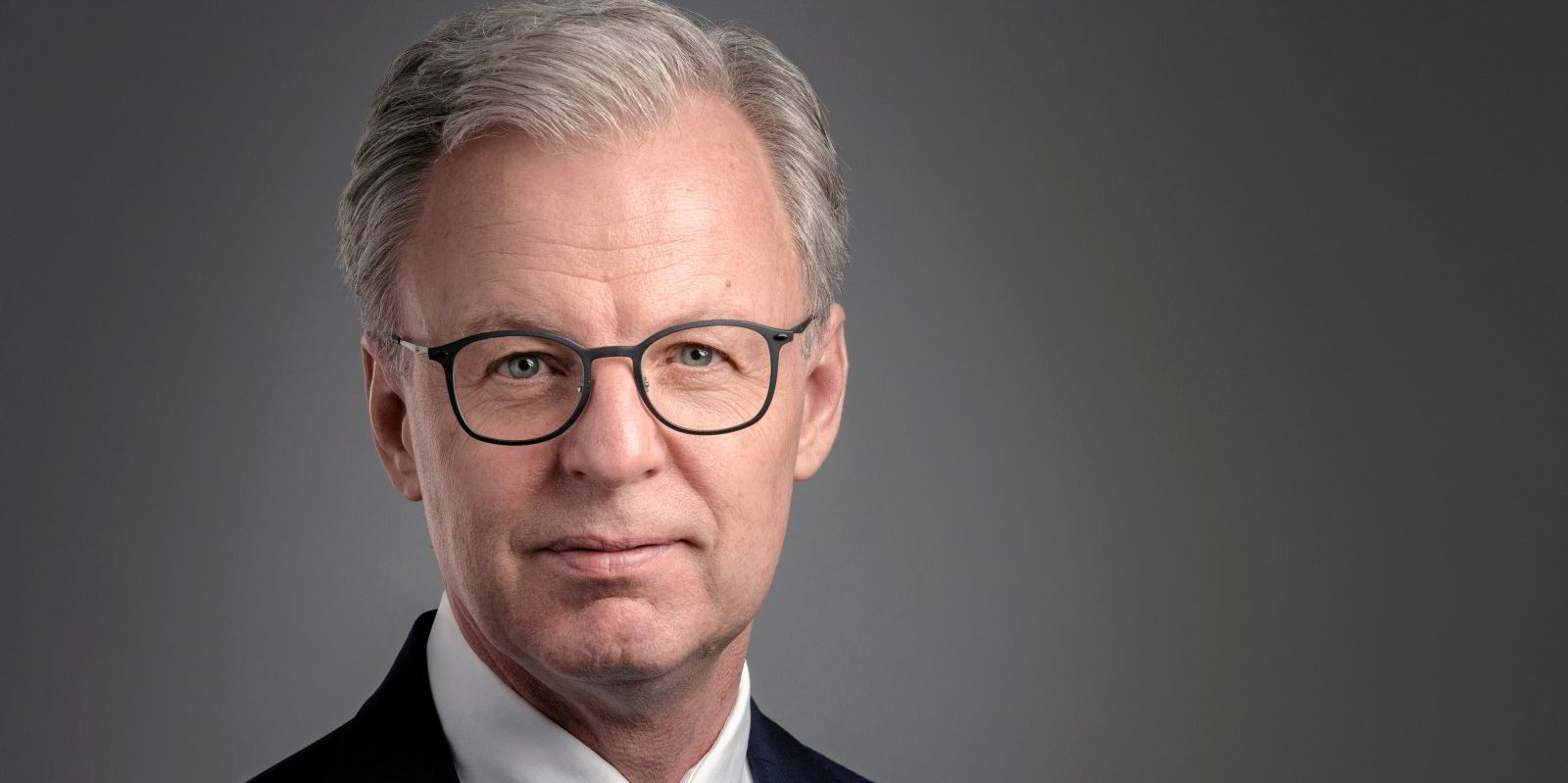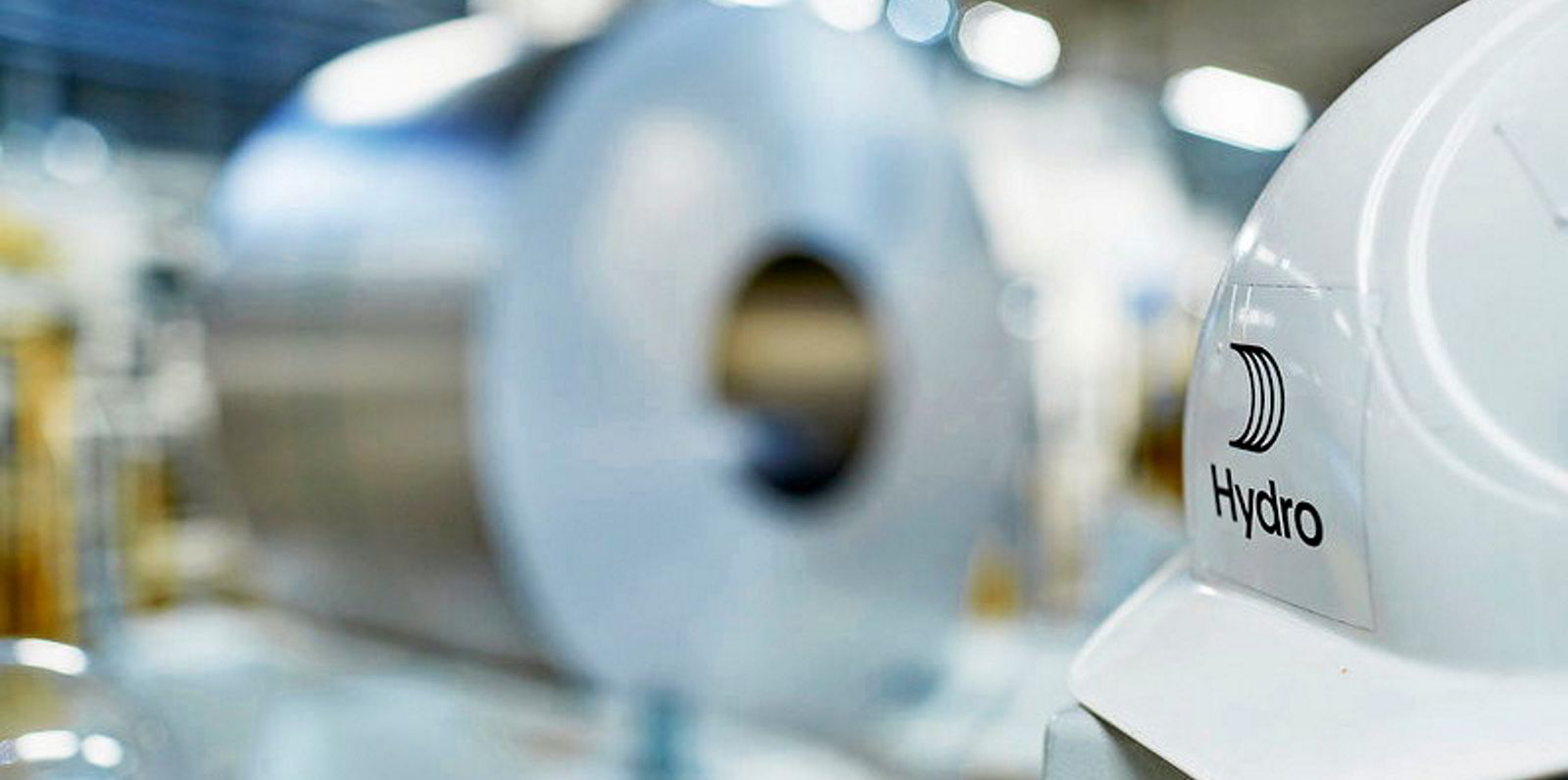European renewables majors Iberdrola and EDPR were among the companies to register solar and wind power developments for Brazil’s latest competitive tender – the South American country’s first in two years – with over 60GW of projects now in the hat as developers eye long-term regulated power purchase agreements (PPAs) as a means of hedging bets in regional portfolios driven by the non-regulated market since 2019.
Get the market insight you need into the global oil & gas industry's energy transition – from the new newsletter from Upstream and Recharge. Sign up here
Although only a fraction of the 41GW of PV and 22GW of onshore wind in the auction is likely get contracted because of the low demand for power in Brazil’s troubled and unemployment-ridden economy, the total capacity of wind registered is twice that of projects authorised by the government over the past two years.
“The regulated market tender still offers long-term PPAs, with risk allocation favouring the power generator, especially if you look at the guarantee of grid connection… the companies are still competing in the non-regulated market but it is stratified: not all companies want a long-term PPA,” Luiz Barroso CEO at Rio de Janeiro-based consulting firm PSR told Recharge.
The A-3 and A-4 tenders, which will be held on 25 June, aim to contract power for 2024 and 2025 in 20-year deals. The auctions mark a restart of government-organised tenders following a two-year lull after tenders were cancelled in 2020 and 2019 as already-weak power demand crashed during the Covid pandemic.
Wind power developers and utilities in Brazil found some solace in the growing corporate interest in renewables last year, with regulated PPAs offering cheaper power in the non-regulated market, spurring comments from government and private entities that old-style auction regimes could be replaced.
“The future is green, free and technology-based,” said Brazilian mines and energy minister Bento Albuquerque last year, as he pushed a bill through congress to further de-regulate Brazil’s power industry. This move was seen as going hand in hand with the boom of solar and wind projects contracted in the non-regulated power market.
As well as Iberdrola and EDP, other registrants included Pacific Hydro, Casa dos Ventos and a number of independent local players.
According to Brazilian wind power body ABEEólica, the non-regulated market was responsible for over 70% of the 4.8GW of new wind projects authorised by power regulator Aneel in 2019, and the same percentage of the 6.5GW awarded last year.
But now it would appear that this huge interest in the regulated market indicates that companies are willing to accept lower prices and less risky contracts to diversify risk. Brazil has 18GW of onshore wind in place, which should reach 28.7GW by 2024 and the new tenders could expand horizons to 2025.
Brazil’s regulated market is managed by the nation’s 65 power distribution companies’ guaranteed supply for their residential and small business clients. Because of the tough competition, wind power can be sold for as low as R$90/MWh ($15/MWh) compared to R$200/MWh in the non-regulated market.




